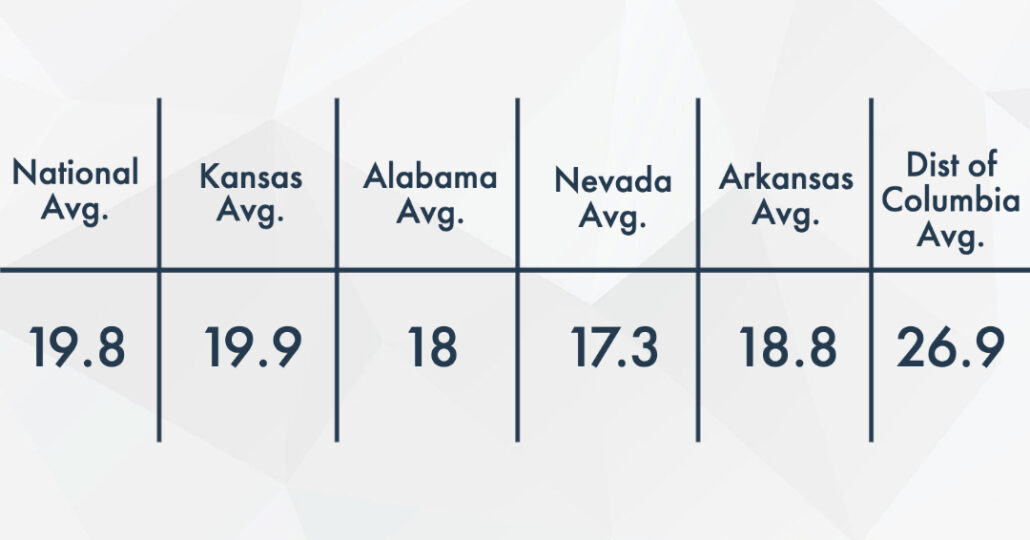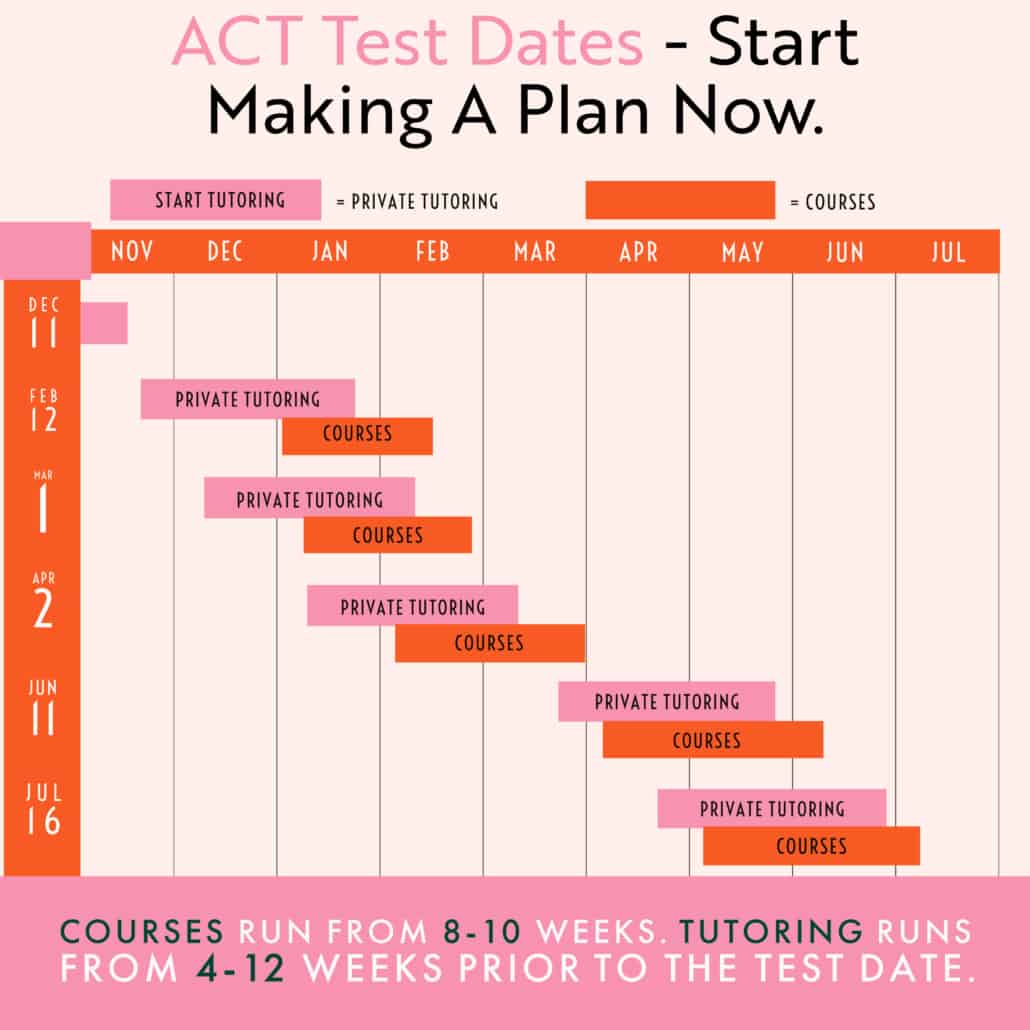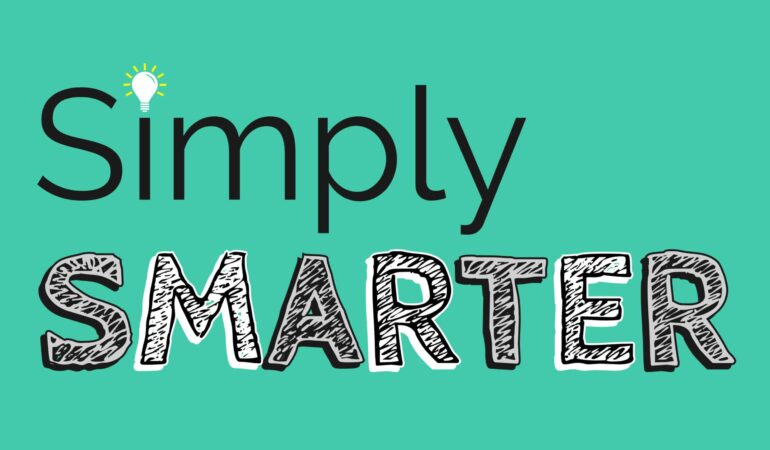Are ACT Prep Classes Worth It?
Are ACT Prep Classes Worth It?
The answer is: it depends on your goals. This course is designed for students who enjoy a small classroom setting (between 3-6 students) and feel comfortable learning with a other students scoring in a similar ACT range, specifically between a 19-26 composite score. With that taken into consideration, and if you want to improve your score 2-5 points on the ACT, then an ACT prep class is a good fit for you.
We know that when students take an ACT prep class, they want to know exactly what they’re getting out of it and what they can expect from the experience. Our goal at Get Smarter Prep is to ensure that every student who takes a class with us understands exactly what they’ll learn, how long it will take them to see results, and build confidence when it comes to taking the ACT.
So, here’s a quick rundown of what our ACT prep classes entail:
– 20-hr Course Instruction (8-week course) meeting 1-2x per week for 2 hours each session. Students will have approximately 90-180 minutes of homework per session.
-Learn about all four sections of the test (English, Math, Reading & Science).
-Learn strategies for solving problems in each section so that you can complete them efficiently and quickly.
-Get more practice under your belt by taking a practice test, midterm and final. Each of these tests are full-length, proctored ACT tests from previous real ACT’s. Our students will have taken three full-length ACT’s before taking the official ACT, which makes them more comfortable in a real-life setting.
-Get feedback from your tutor on the ACT’s you’ve taken to be able to see where you’ve improved and what you still need to work on.
Are ACT Prep Classes Worth It? In short, yes. However, it does depend on whether or not the student puts in the effort, mindfully completes the homework and is engaged in class. If students can do that, then an ACT Prep Class is 100% worth it.
Our tutors want to be a resource for you, sharing their expertise and knowledge in a way that helps you better understand the material and achieve your goals! GSP tutors have a combined 100 years of experience working with students, and we’re excited to get to help you achieve your ACT goals! Start Today.








